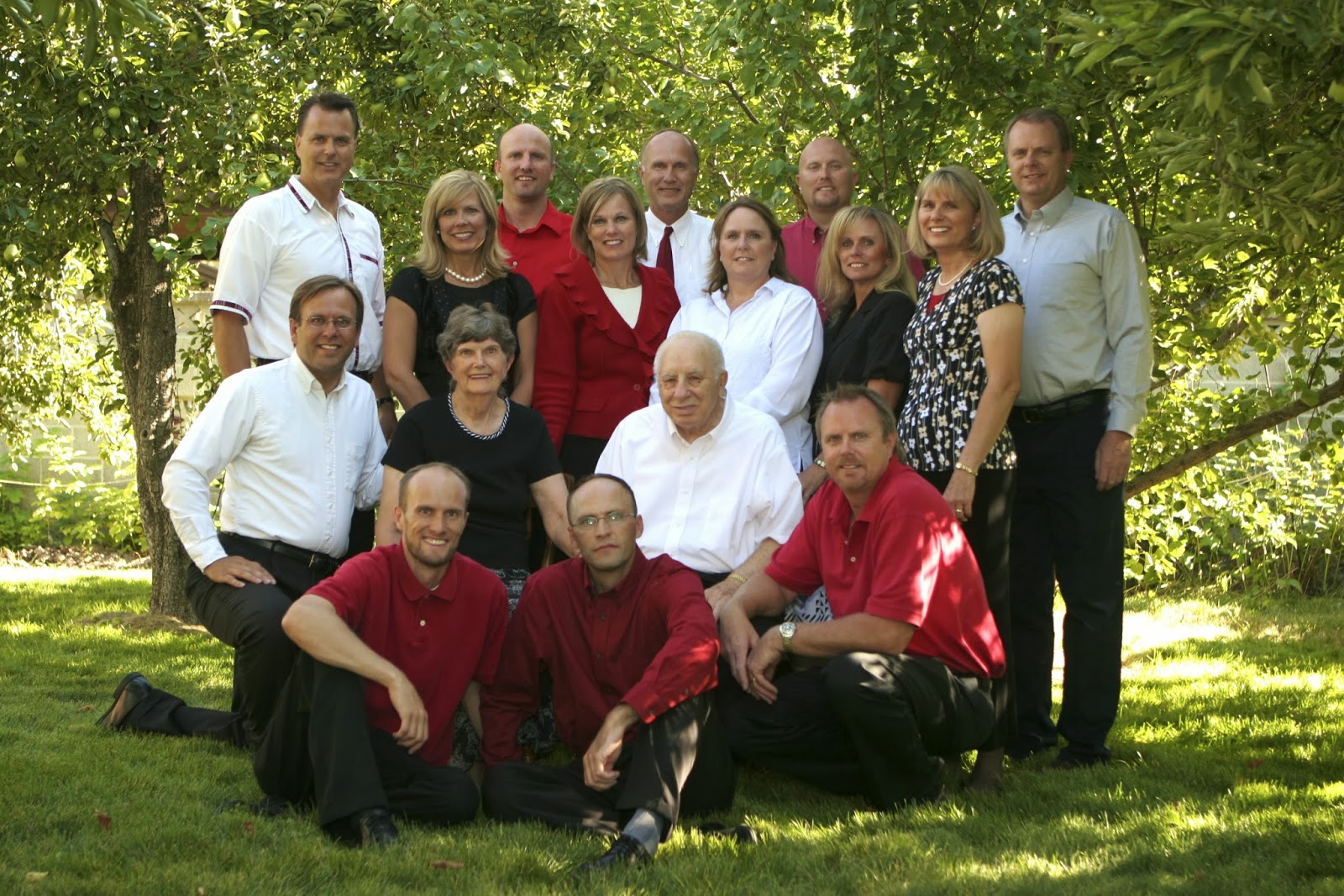Search vs. Research
I seldom miss the Reader's Guide to Periodical Literature. I can sit down at a computer, input a simple search and immediately receive hundreds of thousands of results as possible answers to my question. With predictive text, sometimes the very result that I am seeking comes up before I have even finished the query. I don't know how Google knew, but while I was watching a DVD of Harry Potter and the Chamber of Secrets, I was curious whether the producer, Mark Radcliffe, was any relation to Daniel Radcliffe. I had only typed Mark Ra when Mark Radcliffe, Producer appeared in a blue highlighted link that answered my specific question; they are not related.
While doing legal research using the Westlaw database, I found thousands of results regarding the requirements for a direct adverse interest between two potential clients. After glancing through several results, I concluded how the conflict question could be resolved. The reach of these databases and the nimbleness of their algorithms have grown to such a degree that we merely need to have a question and after skimming through two or three websites or results we can consider ourselves experts in something that only moments before we knew little or nothing about.
In earlier days, access to information required patience and thoughtful investigation. When I received a research assignment I turned to the Reader's Guide. That index allowed me to research by topic recent articles from various magazines and journals. While my local library carried the Guide, it didn't have most of the publications on site. I would then make a request through the librarian to have the magazines transferred to our library. That would usually take a week or so. Meanwhile, I would review any encyclopedia articles and check out a book or two so that when the articles came I would be ready to understand the subject better.
As soon as my order had been processed, I would return to the library. I could take some magazines home, but others I had to review on site because of high demand. I would take a 3X5 card and write down relevant quotes with the necessary bibliographic information. Only after I had read historical information contained in hardbound text and then explored it further with recent scholarship and insight could I identify common themes or significant contrasts. Either situation provided a rich opportunity to explore possible conclusions and discover new questions.
While I do not wish to return to those days, I remind myself of a few lessons that I should continue to observe. First, procrastination brings problems, so get to work. Second, skimming current thinking alone does not equate to research. Third, it's hard to reach conclusions because it's more likely that good scholarship will raise additional questions. Too often I find these lessons ignored in spouting rants and posts on Facebook and the like. We may live in the Information Age, but we should act as disciplined stewards of the information we consume and share.
While doing legal research using the Westlaw database, I found thousands of results regarding the requirements for a direct adverse interest between two potential clients. After glancing through several results, I concluded how the conflict question could be resolved. The reach of these databases and the nimbleness of their algorithms have grown to such a degree that we merely need to have a question and after skimming through two or three websites or results we can consider ourselves experts in something that only moments before we knew little or nothing about.
In earlier days, access to information required patience and thoughtful investigation. When I received a research assignment I turned to the Reader's Guide. That index allowed me to research by topic recent articles from various magazines and journals. While my local library carried the Guide, it didn't have most of the publications on site. I would then make a request through the librarian to have the magazines transferred to our library. That would usually take a week or so. Meanwhile, I would review any encyclopedia articles and check out a book or two so that when the articles came I would be ready to understand the subject better.
As soon as my order had been processed, I would return to the library. I could take some magazines home, but others I had to review on site because of high demand. I would take a 3X5 card and write down relevant quotes with the necessary bibliographic information. Only after I had read historical information contained in hardbound text and then explored it further with recent scholarship and insight could I identify common themes or significant contrasts. Either situation provided a rich opportunity to explore possible conclusions and discover new questions.
While I do not wish to return to those days, I remind myself of a few lessons that I should continue to observe. First, procrastination brings problems, so get to work. Second, skimming current thinking alone does not equate to research. Third, it's hard to reach conclusions because it's more likely that good scholarship will raise additional questions. Too often I find these lessons ignored in spouting rants and posts on Facebook and the like. We may live in the Information Age, but we should act as disciplined stewards of the information we consume and share.

Comments
Post a Comment
Thank you for keeping your comments positive and helpful..